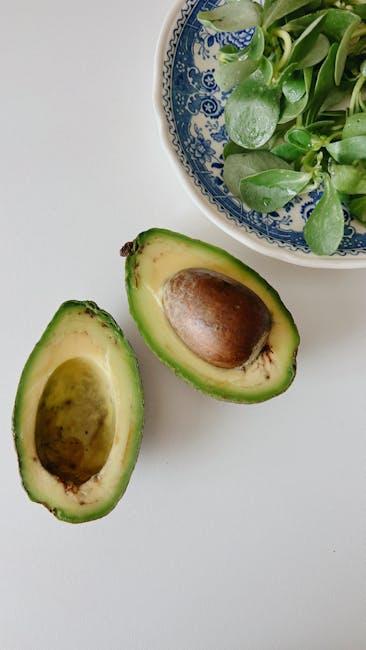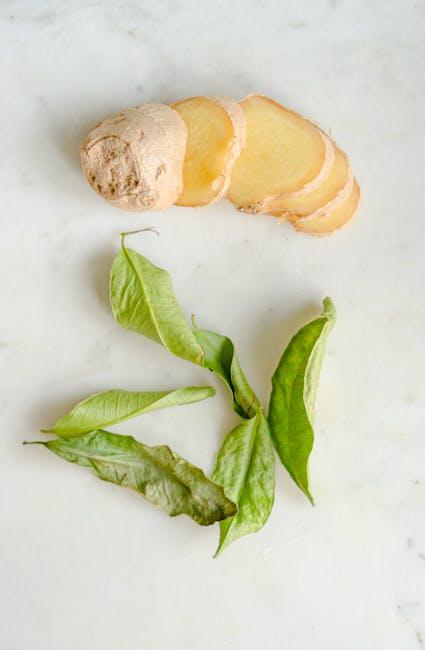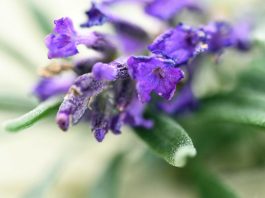In a world where the pace of life often feels relentless and overwhelming, the ancient wisdom of Ayurveda offers a soothing balm for those seeking a more balanced and fulfilling existence. Rooted in the timeless traditions of India, Ayurveda is not just a system of medicine but a holistic approach to living that emphasizes harmony between the mind, body, and spirit. This article will guide you through the principles and practices of Ayurveda that can enhance your longevity and well-being. With empathy and understanding, we aim to provide you with practical insights and techniques that you can seamlessly integrate into your daily routine. Whether you’re a seasoned practitioner or new to the concept, our step-by-step approach will help you unlock the secrets of Ayurveda, empowering you to lead a life of vitality and purpose.
Understanding Ayurvedic Principles for a Long and Healthy Life
Delving into the ancient wisdom of Ayurveda, one discovers a holistic approach to nurturing body, mind, and spirit, promoting not just longevity but a vibrant, balanced life. At the heart of Ayurvedic philosophy lies the understanding of the three doshas—Vata, Pitta, and Kapha—which represent unique combinations of the five elements: earth, water, fire, air, and space. Each individual possesses a unique constitution, or Prakriti, which can be harmonized through personalized lifestyle choices. Recognizing your dominant dosha helps in crafting a tailored wellness routine that aligns with your natural tendencies and rhythms.
To integrate Ayurvedic principles into your daily life, consider these practices:
- Daily Routine (Dinacharya): Establish a consistent schedule that includes early rising, regular meal times, and adequate rest. This routine nurtures your body’s natural rhythms.
- Mindful Eating: Choose foods that balance your dosha. For instance, Vata types benefit from warm, nourishing meals, while Pitta types thrive on cooling, hydrating foods.
- Herbal Support: Utilize Ayurvedic herbs like Ashwagandha for stress relief, Turmeric for inflammation, and Triphala for digestive health.
| Dosha | Element | Balancing Foods |
|---|---|---|
| Vata | Air & Space | Warm soups, stews, and root vegetables |
| Pitta | Fire & Water | Cooling fruits, leafy greens, and dairy |
| Kapha | Earth & Water | Light grains, legumes, and spices |
Incorporating these Ayurvedic practices can gently guide you towards a life of greater vitality and harmony. By understanding your body’s unique needs and respecting the natural cycles, you empower yourself to live a longer, healthier, and more fulfilling life.

Incorporating Ayurvedic Diet and Nutrition for Longevity
Embracing the ancient wisdom of Ayurveda in your diet can significantly enhance your journey towards a long and healthy life. This holistic approach emphasizes the balance of mind, body, and spirit, aligning your eating habits with your unique body constitution, or dosha. By focusing on whole foods and mindful eating, Ayurveda offers a pathway to sustained vitality and wellness.
- Eat According to Your Dosha: Identify your dominant dosha—Vata, Pitta, or Kapha—and tailor your diet to maintain balance. For instance, Vata types may benefit from warm, moist foods, while Pitta types thrive on cooling, hydrating meals.
- Seasonal Eating: Adapt your diet to the changing seasons. In Ayurveda, it’s believed that seasonal foods help to balance your dosha and align your body with the natural rhythms of nature.
- Mindful Eating: Practice gratitude and presence during meals. Chew slowly and savor each bite, allowing your body to fully digest and absorb nutrients.
| Dosha | Recommended Foods | Foods to Avoid |
|---|---|---|
| Vata | Warm soups, nuts, dairy | Raw vegetables, cold drinks |
| Pitta | Fruits, leafy greens, grains | Spicy foods, alcohol |
| Kapha | Spices, legumes, vegetables | Dairy, fried foods |
By integrating these Ayurvedic principles into your diet, you can nurture your body’s natural balance, boost your energy levels, and promote longevity. Remember, Ayurveda is not just about food; it’s about living in harmony with the world around you.

Harnessing the Power of Ayurvedic Herbs and Supplements
Delving into the ancient wisdom of Ayurveda, we discover a treasure trove of herbs and supplements that have been used for centuries to promote vitality and longevity. Ayurvedic herbs are more than just remedies; they are holistic allies in maintaining balance and harmony within the body. Here’s how you can incorporate these potent natural resources into your daily routine:
- Ashwagandha: Known for its rejuvenating properties, this adaptogenic herb helps reduce stress and improve energy levels.
- Turmeric: With its active compound curcumin, turmeric is celebrated for its anti-inflammatory and antioxidant effects.
- Amalaki (Indian Gooseberry): A rich source of vitamin C, it supports the immune system and aids in digestion.
To ensure you’re getting the most out of these herbs, consider the following recommended daily intakes:
| Herb | Recommended Dosage |
|---|---|
| Ashwagandha | 500-1000 mg |
| Turmeric | 500-2000 mg |
| Amalaki | 500 mg |
When choosing Ayurvedic supplements, always opt for high-quality products from reputable sources. This ensures that you receive the full benefits of these herbs without any unwanted additives. Remember, integrating these supplements should complement a balanced diet and lifestyle, not replace them.

Integrating Mindful Ayurvedic Practices into Daily Routine
Embracing Ayurvedic practices in your daily routine can transform not only your physical health but also your mental and emotional well-being. Start by establishing a morning ritual that aligns with Ayurvedic principles. Upon waking, consider a gentle self-massage with warm sesame or coconut oil to stimulate circulation and awaken your senses. Follow this with a few minutes of meditation or deep breathing exercises to center your mind and set a positive tone for the day.
- Oil Pulling: Swish a tablespoon of coconut or sesame oil in your mouth for 10-15 minutes to detoxify and improve oral health.
- Tongue Scraping: Use a tongue scraper to remove toxins and promote fresh breath.
- Herbal Teas: Sip on ginger or tulsi tea to enhance digestion and boost immunity.
To maintain balance throughout the day, incorporate mindful eating practices. Ayurveda suggests eating your largest meal at midday when the digestive fire is strongest. Choose warm, nourishing foods and chew slowly to savor each bite. Incorporate spices like turmeric, cumin, and coriander to aid digestion and invigorate your senses. Remember to stay hydrated with warm water or herbal teas, which are more soothing to the body than cold beverages.
| Ayurvedic Practice | Benefit |
|---|---|
| Abhyanga (Self-Massage) | Improves circulation and skin health |
| Meditation | Reduces stress and enhances focus |
| Pranayama (Breathing Exercises) | Increases lung capacity and mental clarity |




